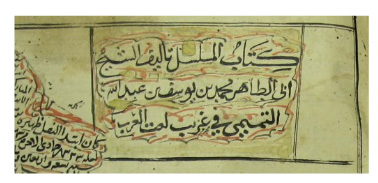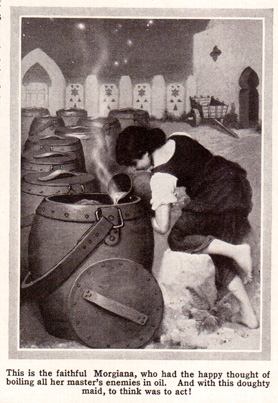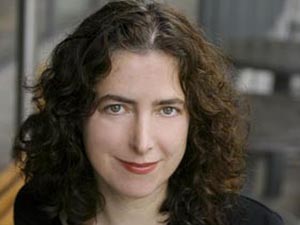The ongoing political protests in Egypt have captured the imagination of people everywhere. A dictator is toppled and young people twitter their way into a people power not imaginable in the past. And now actual elections with more than 40 parties involved. The final results of the transition are yet to be felt, as many observers fear that there will be a conservative religious regime which will impose more restrictions on women, people’s expressive behavior and non-Muslim minorities. Egypt’s recent past is reflected in a post-Nasser conservative shift that Sadat originally encouraged and that eventually even Mubarak could not control. A visual portrayal of this can be seen in the pictures below of students graduating from the English Department of Cairo University in 1959, 1978 and 2004. Note the fashioning of a more conservative approach even to English literature over the past five decades.
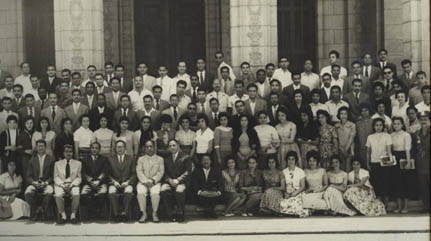
Class of 1958
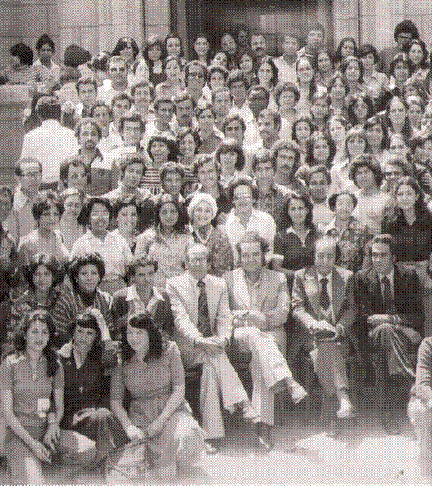
Class of 1978
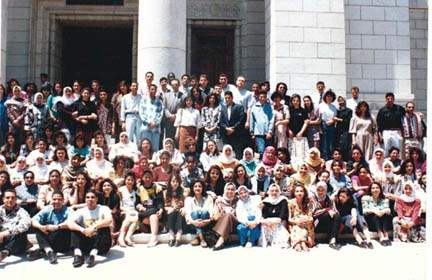
Class of 2004

